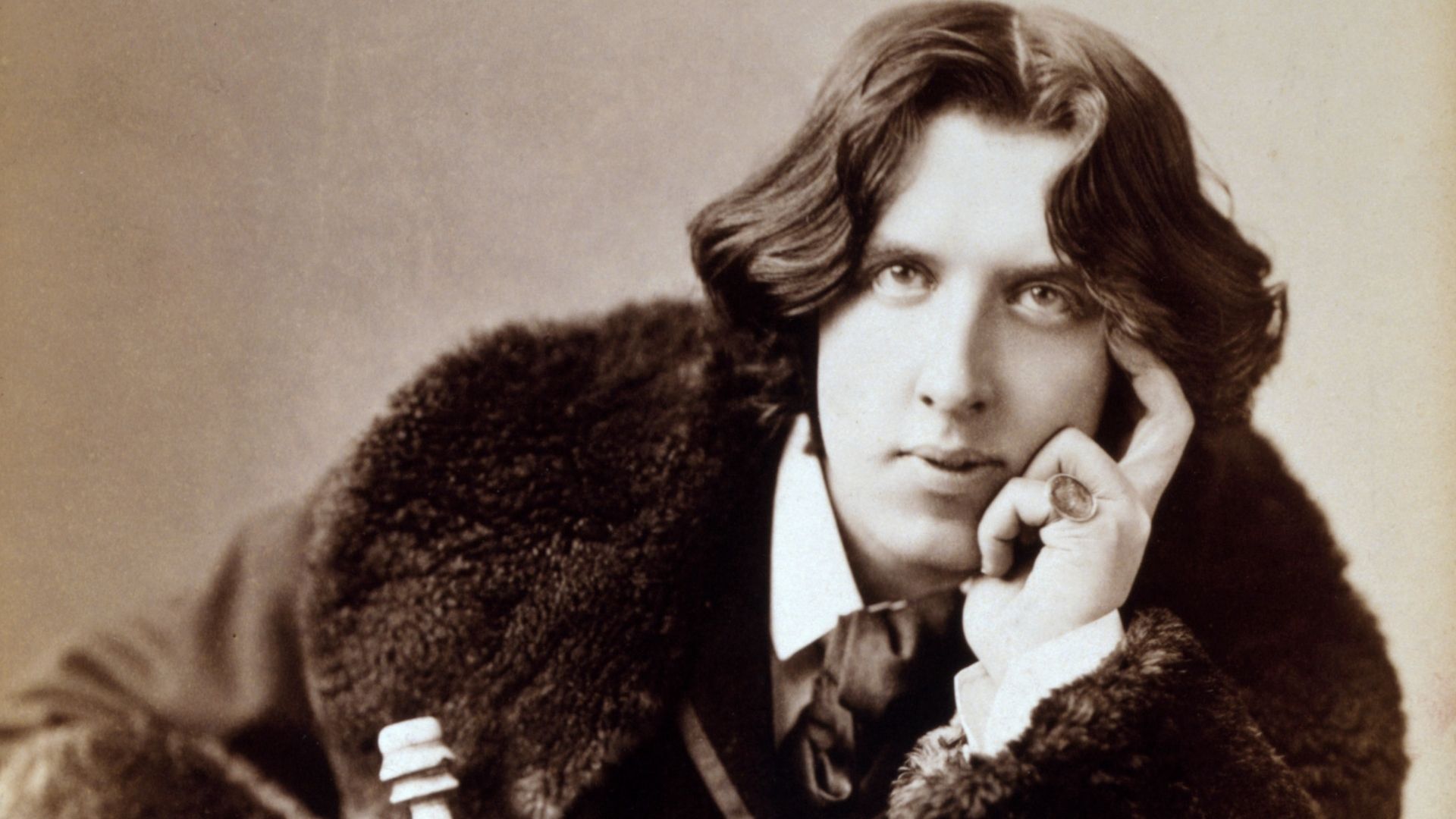Amor Intellectualis Poem by Oscar Wilde
Amor Intellectualis
OFT have we trod the vales of Castaly
And heard sweet notes of sylvan music blown
From antique reeds to common folk unknown:
And often launched our bark upon that sea
Which the nine Muses hold in empery,
And ploughed free furrows through the wave and foam,
Nor spread reluctant sail for more safe home
Till we had freighted well our argosy.
Of which despoilèd treasures these remain,
Sordello's passion, and the honied line
Of young Endymion, lordly Tamburlaine
Driving his pampered jades, and more than these,
The seven-fold vision of the Florentine,
And grave-browed Milton's solemn harmonies.
'OFT have we trod the vales of Castaly/And heard sweet notes of sylvan music blown/From antique reeds to common folk unknown: /And often launched our bark upon that sea/Which the nine Muses hold in empery, /And ploughed free furrows through the wave and foam...' No we haven't Oscar! This is meaningless metaphor at its prosodic best. Wilde's poetry is always an exercise in being clever, showing off his poetic virtuosity and his learning. True feeling always escaped his pen, even in Reading gaol! Only a pagan steeped in his true belief in what we now call myth would understand this glittering but empty poem.
I tend to agree with you. You can tell he was schooled in the classics at university by this poem but it is as you said an empty poem. Maybe it reflects how he truly feels. It is hard to tell sometimes with OW.
Having a kind of intellectual love requires some intellect first. Oscar Wilde seems to have a sensitiviness a lot of woman will never have! This intellectaul love requieres intellect on the first place.
MY FINAL RESPONSE: CONGRATS being chosen by Poem Hunter and Team as The Classic Poem Of The Day. TOP Marks 5 Stars!
FOUR: Wilde's poetry best fulfills the aesthetic of Walter Pater, who advocated impressionism and art for art's sake in his Studies in the History of the Renaissance. Indeed, Wilde paraphrased Pater's famous line of burning with a 'hard, gemlike flame' in several of his poems.
THREE: His poetry tries to capture the beautiful, as the Victorian critic John Ruskin had urged a generation earlier but generally lacks the moral tone that Ruskin advocated.
TWO: Drawing from John Keats, Dante Gabriel Rossetti, William Morris, and Algernon Charles Swinburne, Wilde demonstrated an aestheticism like theirs in his lush imagery and his pursuit of the fleeting impression of the moment.
This poem has not been translated into any other language yet.
I would like to translate this poem
Oscar was a sheer genius.